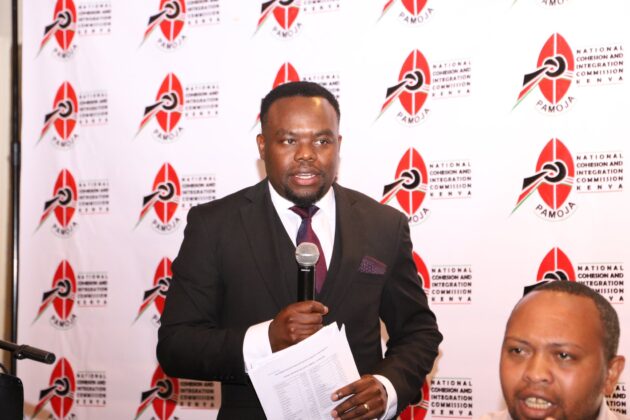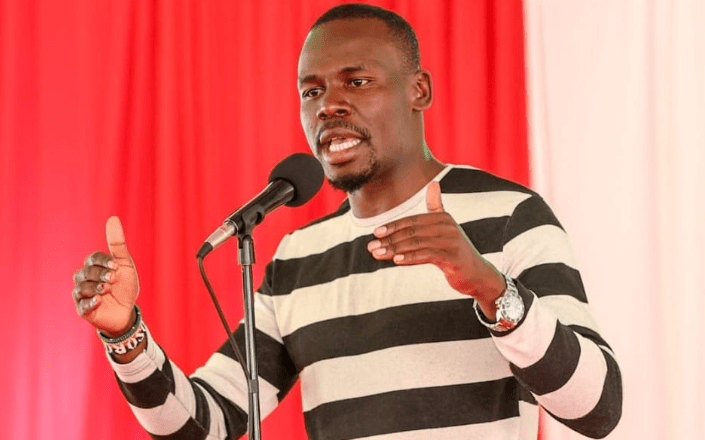Kenya faces potential national instability by 2027, NCIC warns

The National Cohesion and Integration Commission (NCIC) has raised alarming concerns about Kenya’s future, warning that the country could face significant instability by 2027 if current trends continue unchecked.
NCIC Commissioner Danvas Makori, in an interview with a local TV station on June 4, 2025, expressed deep apprehension about the trajectory of ethnic tensions and the effectiveness of measures to curb hate speech and divisive rhetoric.
“The current indicators are not promising,” Makori stated during the interview. “If things remain constant, we might not have a country in 2027. The lack of convictions and the persistence of divisive rhetoric are eroding the social fabric that holds us together.”
Makori’s stark assessment comes as Kenya approaches the critical 2027 general elections, a period historically marked by heightened ethnic and political tensions.
He pointed out that despite the NCIC’s efforts to investigate over 3,000 cases related to hate speech and ethnic incitement over the past decade, only three convictions have been secured. This dismal record, Makori argued, underscores a systemic failure to hold perpetrators accountable, thereby emboldening those who seek to exploit ethnic divisions for political gain.
The NCIC’s concerns are set against a framework of demographic shifts that could reshape Kenya’s political landscape. With a growing population of young voters, many of whom are digitally savvy, the 2027 elections might see a departure from traditional campaign strategies dominated by financial muscle. Instead, political actors may increasingly rely on online platforms to engage with and mobilize this demographic, potentially amplifying divisive messages.
He also noted that the commission has recently expressed deep concern over rising ethnic tensions and divisive political rhetoric, which it views as a significant threat to national unity. One notable instance of its reprimanding actions targeted former Deputy President Rigathi Gachagua, who made controversial remarks referring to the 2007/2008 post-election violence, during which over 1,300 people died and more than 600,000 were displaced, as a ‘Christmas party’.
Makori outlined several interventions the NCIC is implementing to mitigate these risks. These include the “Transgenerational Conversations” program, initiated following the 2024 Gen Z protests, aimed at bridging generational gaps and fostering dialogue across different age groups.
Additionally, he noted that the commission is conducting extensive research and data analysis to identify high-risk areas and develop targeted strategies to ensure peaceful elections.
Urgent interventions
The warning from the NCIC has sparked attention, and political analysts suggest that the country’s ability to navigate these challenges will depend heavily on strengthening institutions, enhancing legal frameworks, and promoting a culture of tolerance and inclusivity. Failure to address these issues could not only threaten national stability but also undermine Kenya’s democratic processes.
As the nation braces for what could be a pivotal election, the NCIC’s call to action serves as a reminder of the urgent need for collective effort to safeguard Kenya’s unity and peace. The coming years will be a critical test of whether Kenya can rise above its historical divisions or succumb to the forces that threaten to tear it apart.












